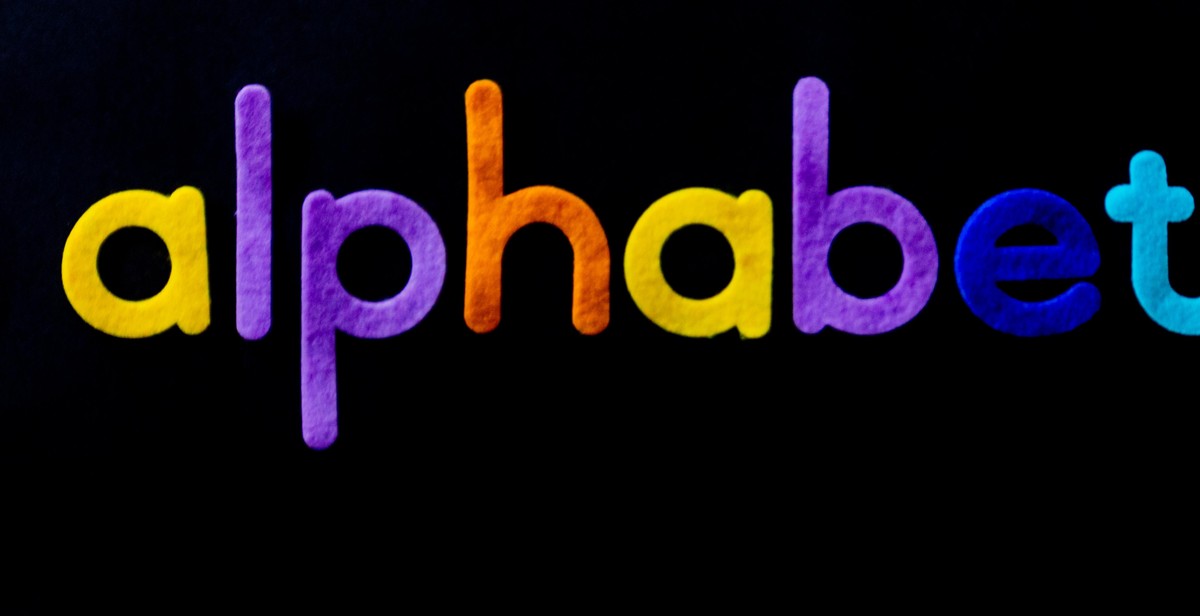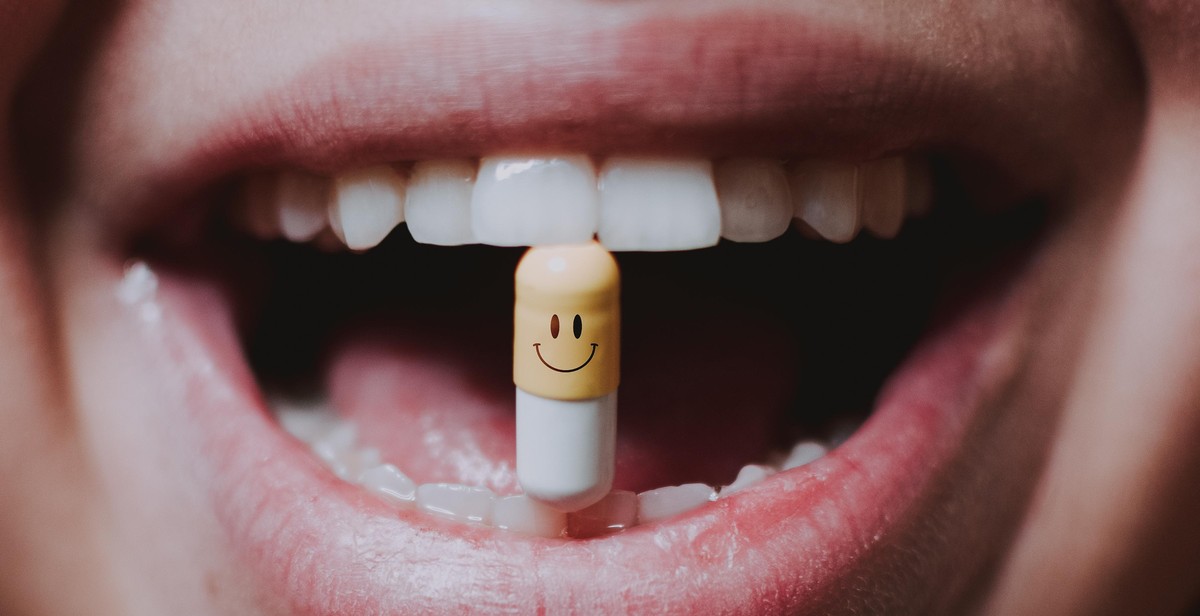Addiction and Recovery: A Journey to Mental Health Restoration
As someone who has struggled with addiction and gone through the recovery process, I understand just how difficult it can be to overcome this disease. Addiction is a complex issue that affects not only the individual, but also their loved ones and the community as a whole. However, I also know that recovery is possible and that there is a light at the end of the tunnel.
In this article, I will share my personal experience with addiction and recovery, as well as provide insight into the journey of mental health restoration. We will explore the different types of addiction, the impact of addiction on mental health, and the various treatment options available for those seeking help.
The Impact of Addiction on Mental Health
Addiction is a disease that affects the brain and can cause significant changes in behavior, mood, and cognition. It can lead to feelings of isolation, shame, and hopelessness, which can in turn exacerbate mental health issues such as anxiety and depression.
Furthermore, addiction often co-occurs with other mental health disorders, such as bipolar disorder or post-traumatic stress disorder (PTSD). It is essential to address both the addiction and any underlying mental health issues in order to achieve long-term recovery and mental health restoration.
Treatment Options for Addiction and Mental Health
There are various treatment options available for addiction and mental health, including therapy, medication-assisted treatment, and support groups such as Alcoholics Anonymous (AA) or Narcotics Anonymous (NA). It is important to find a treatment plan that works for the individual and addresses their unique needs.
Recovery is a journey, and it is not always easy. However, with the right support and resources, it is possible to overcome addiction and achieve mental health restoration. Let’s explore this journey together.

What is Addiction?
Addiction is a chronic, complex, and often relapsing brain disease that affects individuals’ behavior and their ability to control their impulses. It is characterized by compulsive drug use, seeking, and continued use despite the negative consequences that may arise from it. Addiction affects the reward center of the brain, leading to a strong desire to repeat the behavior that caused the release of dopamine, a neurotransmitter that induces pleasure.
While addiction is commonly associated with drugs and alcohol, it can also occur with behaviors such as gambling, sex, and even food.
Defining Addiction
The American Society of Addiction Medicine defines addiction as a primary, chronic disease of brain reward, motivation, memory, and related circuitry. It is characterized by the inability to abstain consistently, impairment in behavioral control, craving, diminished recognition of significant problems with one’s behaviors and interpersonal relationships, and a dysfunctional emotional response.
It is crucial to understand that addiction is not a moral failing or a lack of willpower. It is a disease that requires professional treatment and support.
Common Types of Addiction
While addiction can manifest in many ways, some of the most common types of addiction include:
- Alcohol addiction: characterized by the inability to control alcohol consumption despite its negative impact on personal and professional life.
- Drug addiction: characterized by the compulsive use of drugs, including prescription opioids, cocaine, and methamphetamine.
- Gambling addiction: characterized by the inability to resist the urge to gamble, leading to financial problems and relationship issues.
- Sex addiction: characterized by compulsive sexual behavior that interferes with daily life.
- Food addiction: characterized by the compulsive overeating of food, leading to obesity and other health issues.
It is essential to seek help if you or a loved one is struggling with addiction. With the right treatment and support, it is possible to overcome addiction and lead a healthy, fulfilling life.

The Road to Recovery
Recovering from addiction can be a long and challenging journey, but it is possible with the right mindset, treatment, and support system. Here are some essential steps to take on the road to recovery:
Acceptance and Acknowledgement
The first step towards recovery is acknowledging that you have a problem and accepting that you need help. This can be a difficult and emotional process, but it is necessary to start your journey towards mental health restoration. It is important to be honest with yourself and those around you about your addiction and the impact it has had on your life and relationships.
Treatment Options
There are various treatment options available for addiction recovery, including therapy, counseling, medication-assisted treatment, and support groups. It is important to consult with a healthcare professional to determine which treatment plan is best for you. It is also essential to follow the treatment plan and attend all appointments and meetings to ensure the best chances of success.
Support Systems
Building a strong support system can also aid in the recovery process. This can include family, friends, support groups, and healthcare professionals. It is important to surround yourself with individuals who are understanding, supportive, and willing to help you on your journey. Support systems can provide emotional support, accountability, and encouragement to help you stay on track towards mental health restoration.
| Acceptance and Acknowledgement | Treatment Options | Support Systems |
|---|---|---|
| Admitting that you have a problem and accepting that you need help is the first step towards recovery. | Consult with a healthcare professional to determine the best treatment plan for you and follow it diligently. | Build a strong support system with individuals who are understanding, supportive, and willing to help you on your journey. |
Remember, recovery is not a one-size-fits-all process, and it may take time to find the right treatment plan and support system. However, with determination, commitment, and a positive mindset, you can overcome addiction and restore your mental health.

Overcoming the Stigma
One of the biggest obstacles that individuals face when it comes to addiction and recovery is the stigma that surrounds it. Addiction is often viewed as a moral failing or a weakness, rather than a disease that requires medical treatment. This stigma can prevent individuals from seeking the help they need, and can also lead to feelings of shame and isolation for those who are struggling with addiction.
The Importance of Education
One of the most effective ways to combat the stigma surrounding addiction is through education. By educating others about the science behind addiction and the factors that contribute to it, we can help to break down the misconceptions and stereotypes that surround this disease.
It’s important to remember that addiction can happen to anyone, regardless of their background or circumstances. Addiction is not a choice, and it’s not a reflection of someone’s character or willpower. It’s a complex disease that affects the brain and requires professional treatment.
The Power of Personal Stories
Another way to combat the stigma surrounding addiction is by sharing personal stories of recovery. When individuals who have struggled with addiction speak out about their experiences, it can help to break down the stereotypes and show others that recovery is possible.
Personal stories can also help to inspire hope and provide support for those who are currently struggling with addiction. It can be incredibly isolating to feel like you’re the only one going through a particular experience, but hearing from others who have been through similar struggles can be a powerful reminder that you’re not alone.
Changing the Conversation
Ultimately, overcoming the stigma surrounding addiction requires a shift in our cultural conversation. We need to start treating addiction like the medical issue that it is, rather than a moral failing. We need to provide access to affordable, evidence-based treatment options for those who need it. And we need to support individuals in recovery, rather than shaming them.
By working together to break down the stigma surrounding addiction, we can create a more compassionate and supportive society for all individuals, regardless of their struggles.

The Importance of Mental Health in Addiction and Recovery
When it comes to addiction and recovery, mental health plays a crucial role. Substance abuse and addiction often coexist with mental health disorders, making it difficult to address one without addressing the other. It is essential to understand the connection between addiction and mental health to achieve successful recovery and restoration of mental health.
The Connection Between Addiction and Mental Health
Substance abuse can lead to mental health disorders such as anxiety, depression, and bipolar disorder. Conversely, mental health disorders can lead to drug and alcohol abuse as individuals may turn to substances to self-medicate and cope with their symptoms. This connection between addiction and mental health is known as a dual diagnosis or co-occurring disorders.
Without treating both addiction and mental health disorders, individuals may struggle to achieve long-term recovery. Addressing only one may lead to a relapse of the other. Therefore, it is crucial to seek treatment that addresses both addiction and mental health simultaneously.
Mental Health Restoration
Restoring mental health is a crucial aspect of addiction recovery. Through therapy, medication, and other forms of treatment, individuals can address underlying mental health disorders and learn healthy coping mechanisms. Therapy can also help individuals identify triggers and develop strategies to avoid relapse.
It is essential to prioritize mental health throughout the recovery journey. Practicing self-care, such as exercise, meditation, and healthy eating, can improve mental health and aid in recovery. Additionally, seeking support from loved ones, attending support groups, and engaging in hobbies and activities can help individuals maintain their mental health and avoid relapse.
- Restoring mental health is crucial for long-term recovery from addiction.
- Substance abuse and mental health disorders often coexist, making it essential to address both.
- Therapy, medication, and self-care practices can aid in mental health restoration.
- Support from loved ones and engagement in hobbies and activities can help maintain mental health and avoid relapse.

Conclusion
Recovery from addiction is a journey that requires patience, perseverance, and support. It is not an easy process, but it is possible with the right mindset and resources. Seeking professional help is the first step towards recovery, but it is also important to make lifestyle changes and surround oneself with positive influences.
The journey to mental health restoration is not a one-size-fits-all process. It is important to find the right treatment plan that works for each individual. Whether it is through therapy, medication, or a combination of both, there is a solution for every person struggling with addiction.
The Importance of Self-Care
Self-care is an essential part of addiction recovery. Taking care of oneself physically, mentally, and emotionally can make a significant difference in the recovery process. This includes getting enough sleep, eating healthy, exercising regularly, and practicing mindfulness and relaxation techniques.
The Power of Support
Support from loved ones, peers, and support groups can make a significant impact on the recovery journey. It is important to surround oneself with people who understand and support the journey to mental health restoration. Support groups such as Alcoholics Anonymous and Narcotics Anonymous provide a sense of community and understanding that can be invaluable in the recovery process.
Remember, recovery is possible. It takes time, effort, and support, but the journey to mental health restoration is worth it.
| Resources for Help: | Hotlines: |
| National Institute on Drug Abuse (NIDA) | National Helpline – 1-800-662-HELP (4357) |
| Substance Abuse and Mental Health Services Administration (SAMHSA) | National Suicide Prevention Lifeline – 1-800-273-TALK (8255) |
| Alcoholics Anonymous (AA) | National Domestic Violence Hotline – 1-800-799-SAFE (7233) |
| Narcotics Anonymous (NA) | National Sexual Assault Hotline – 1-800-656-HOPE (4673) |
